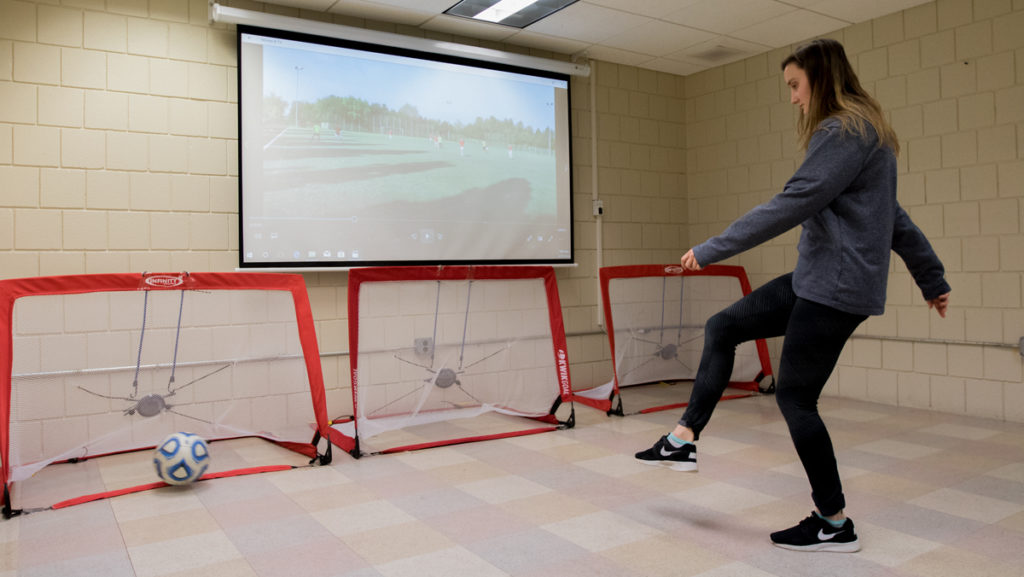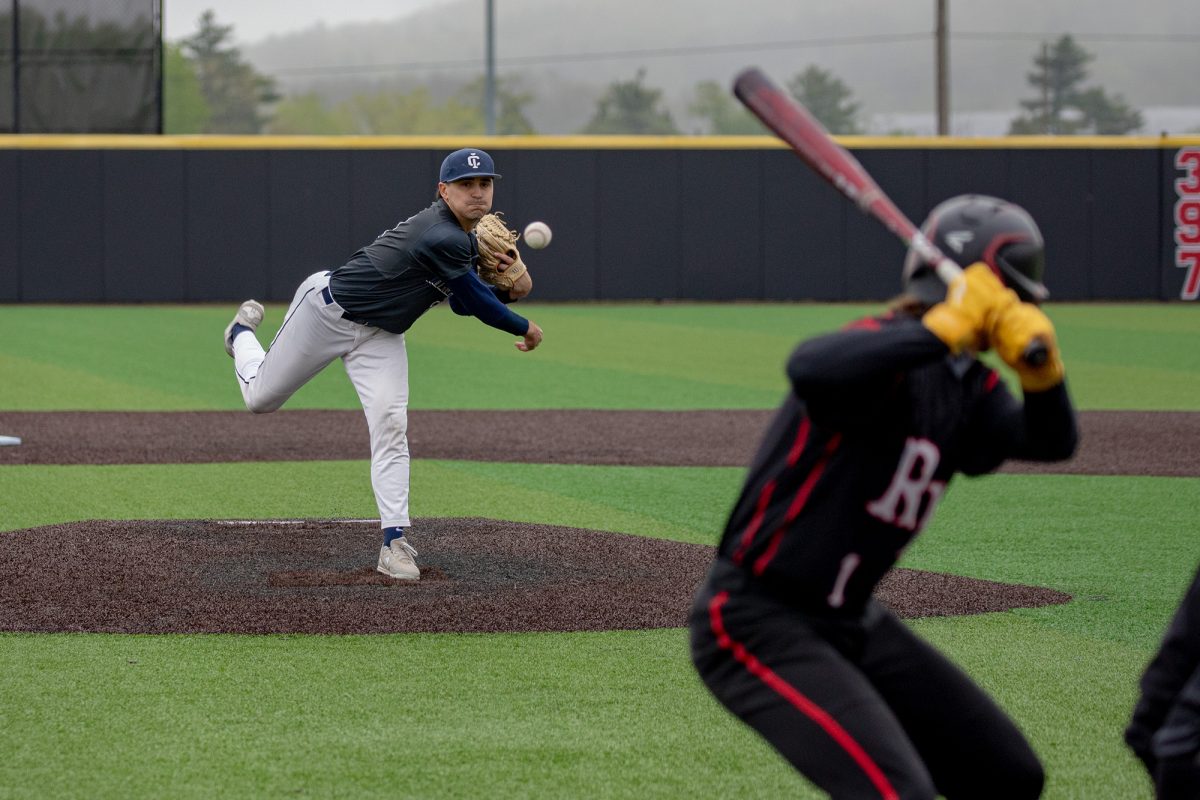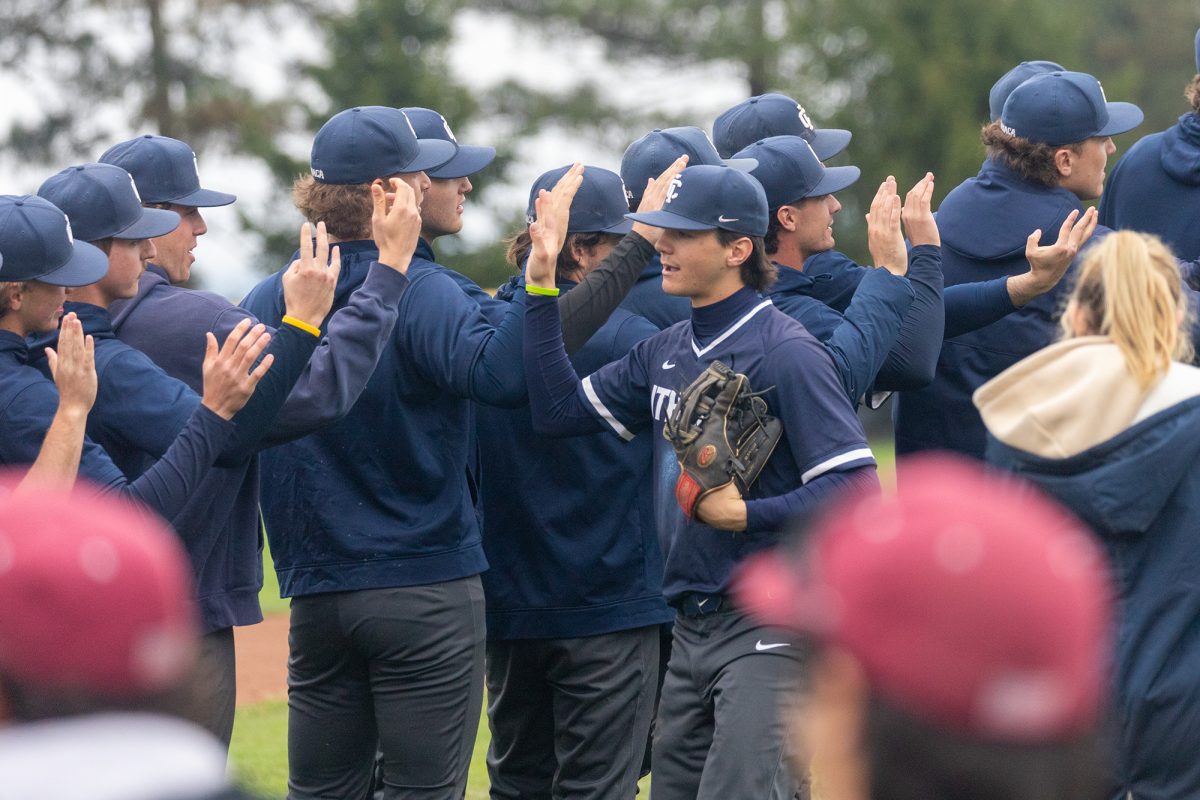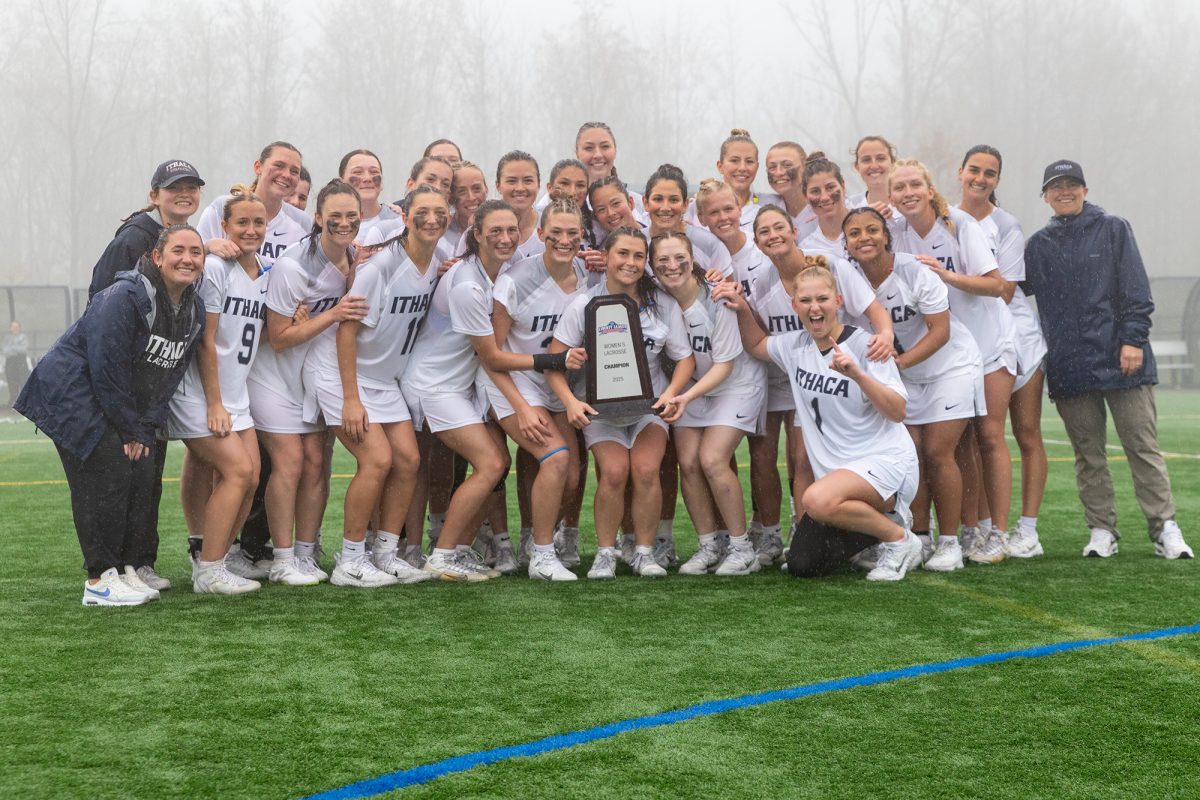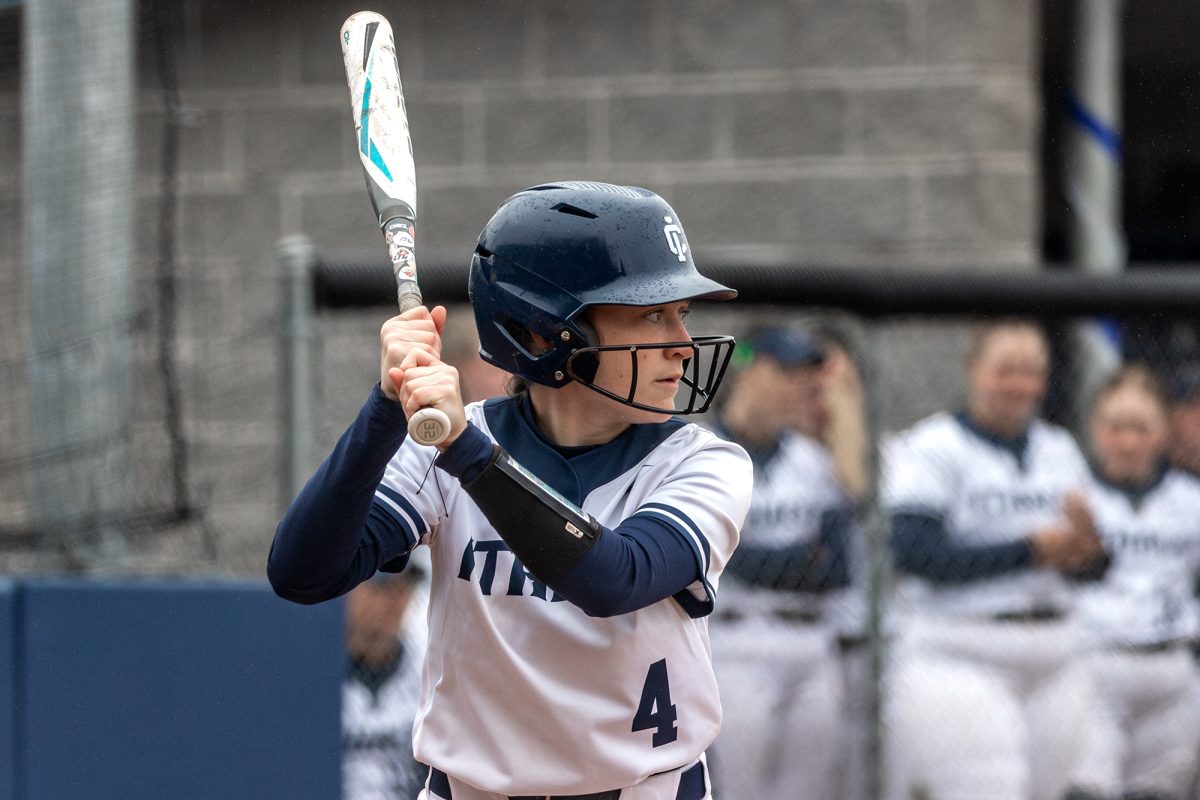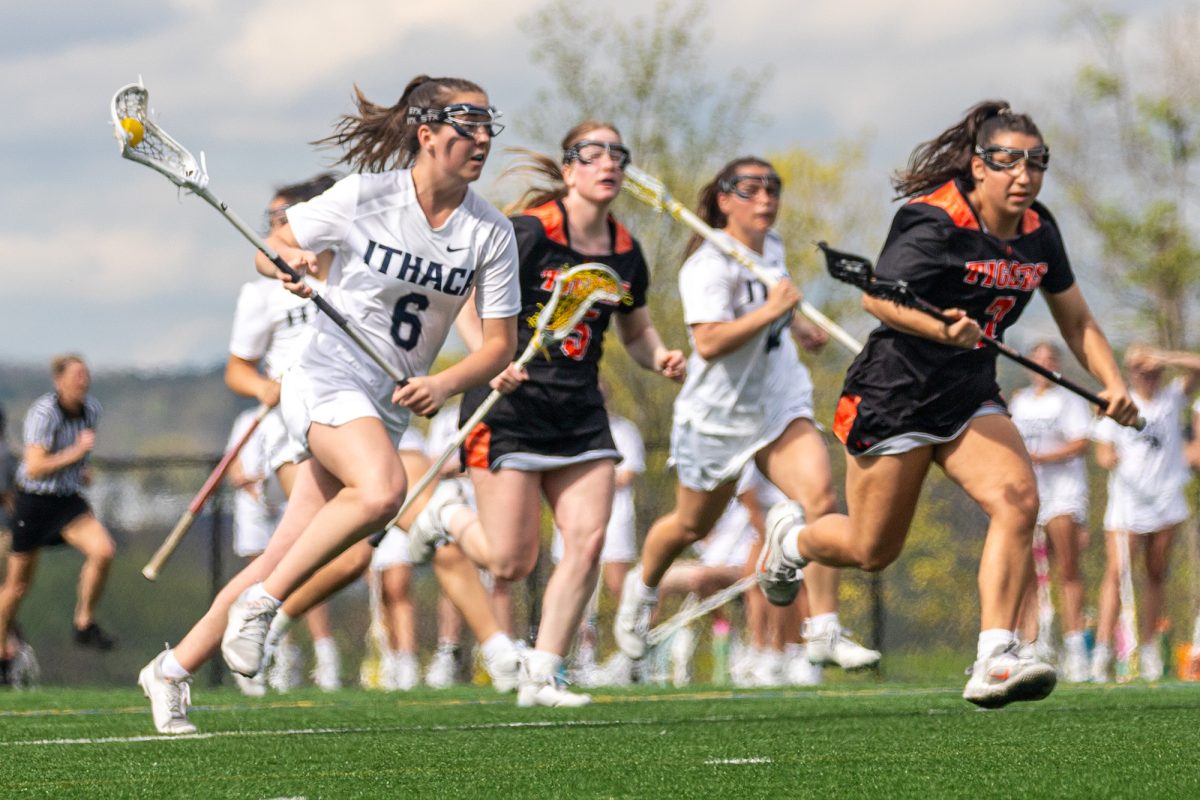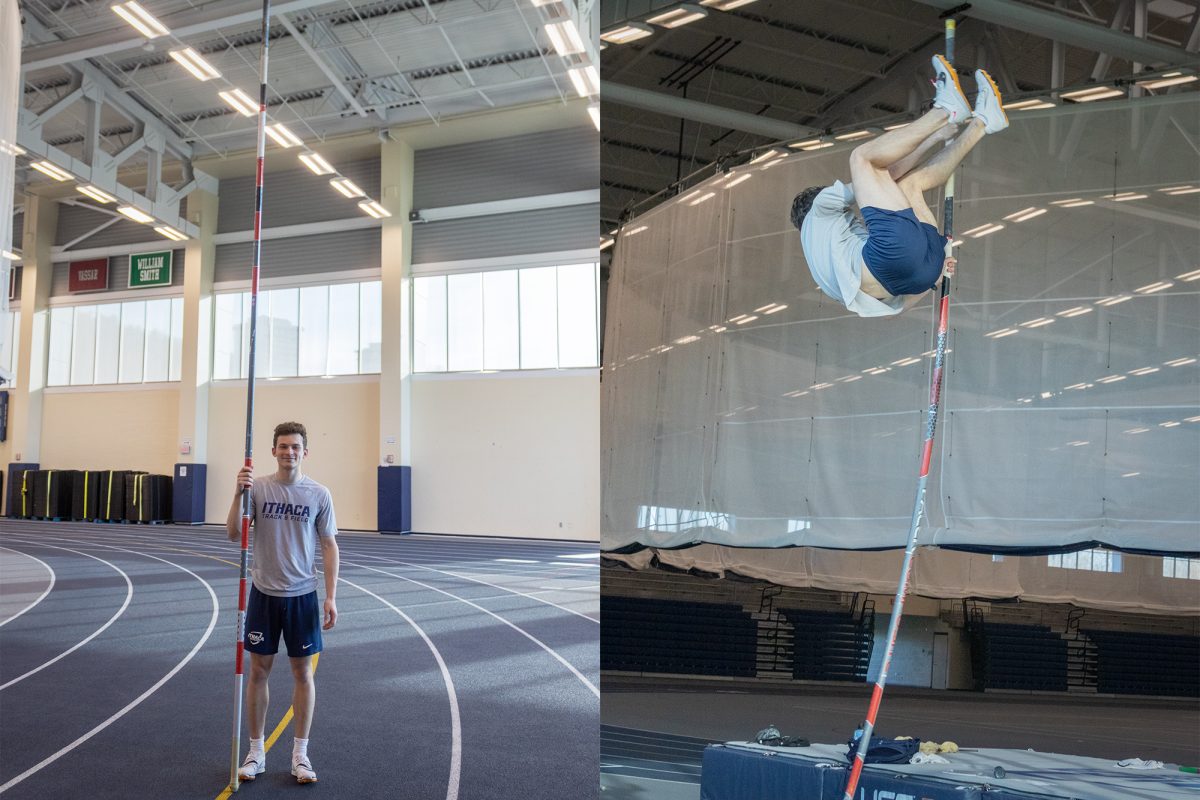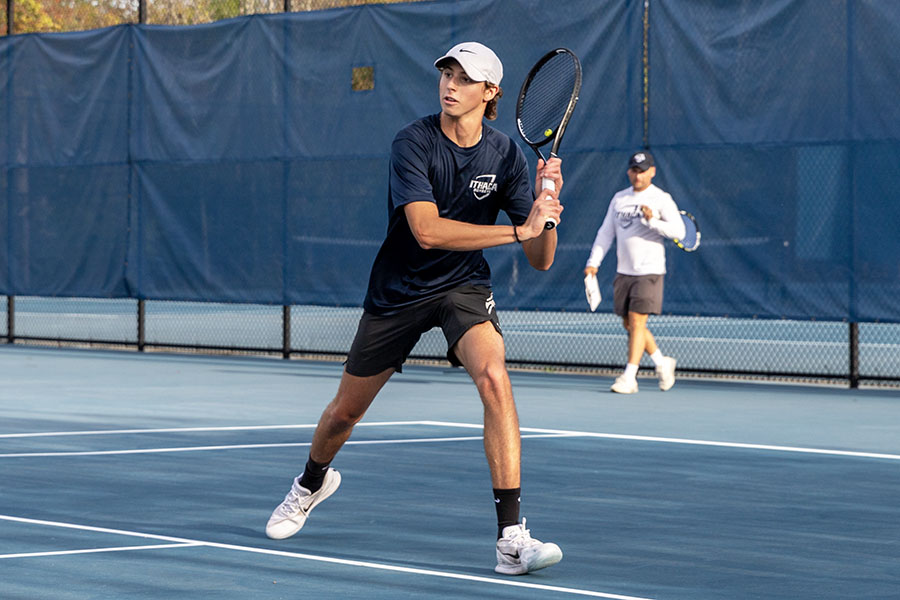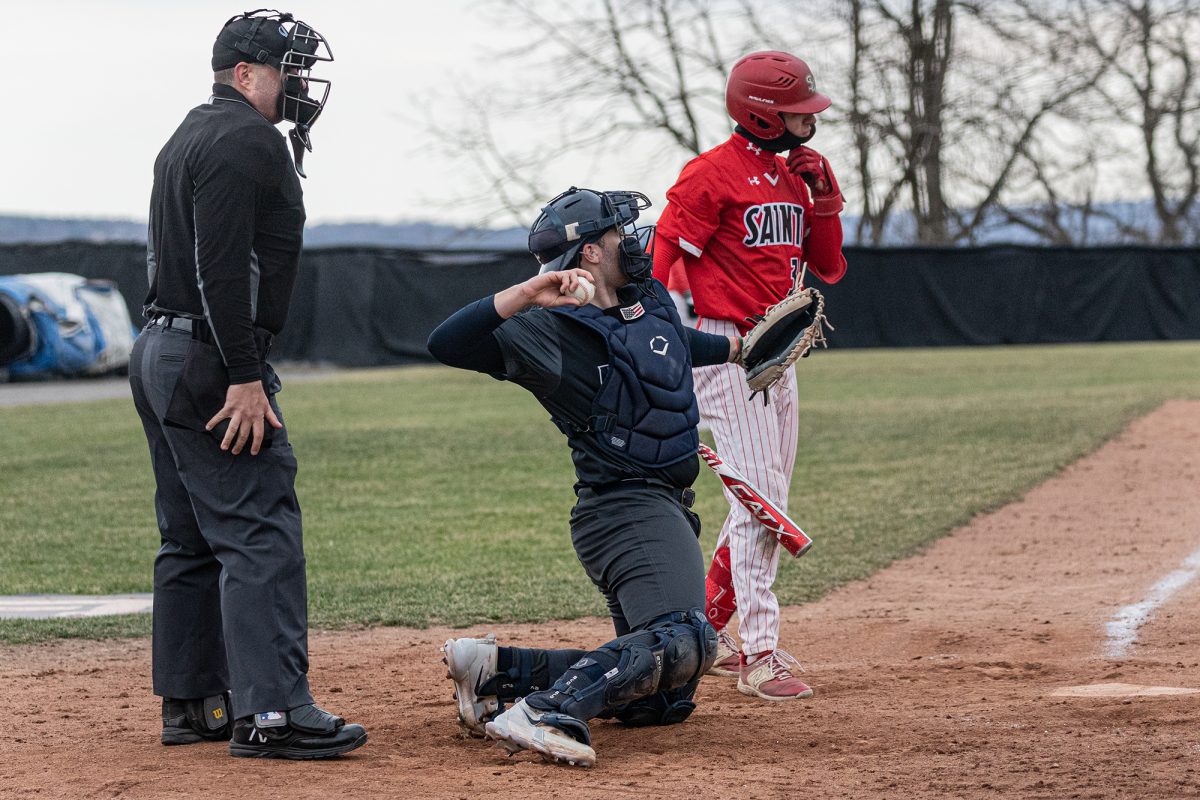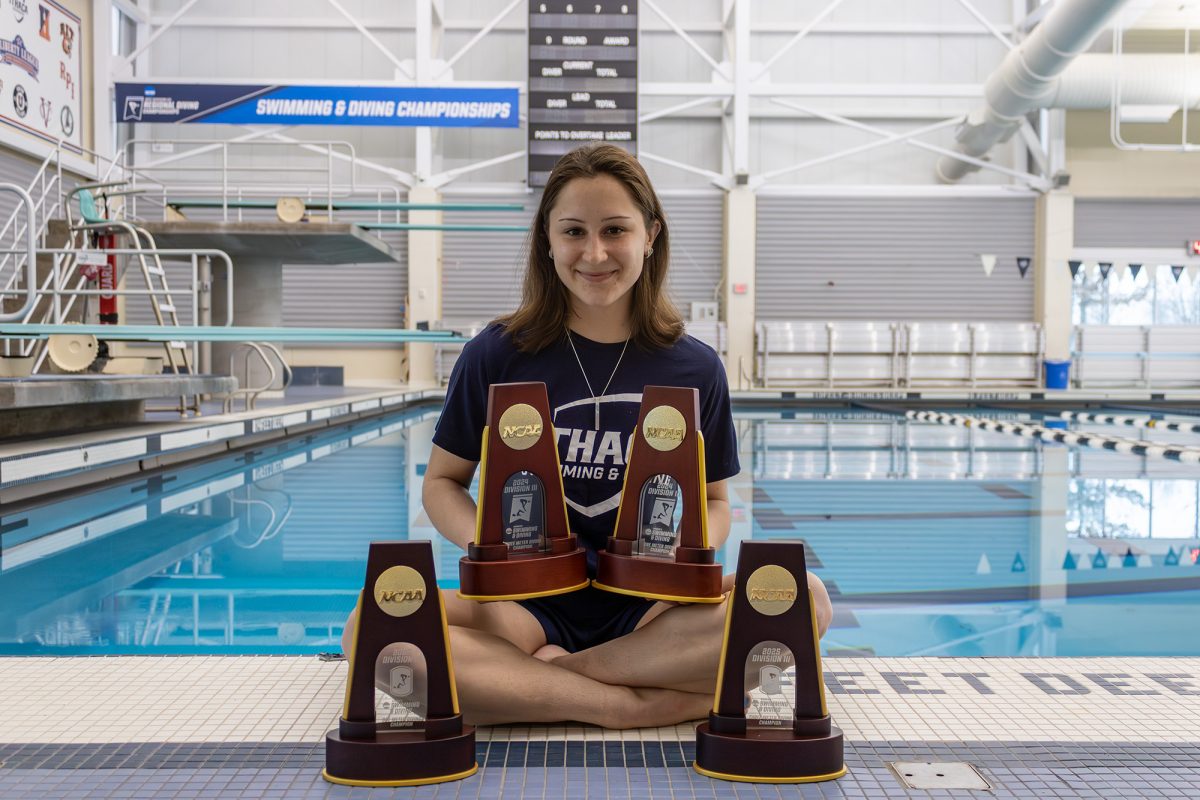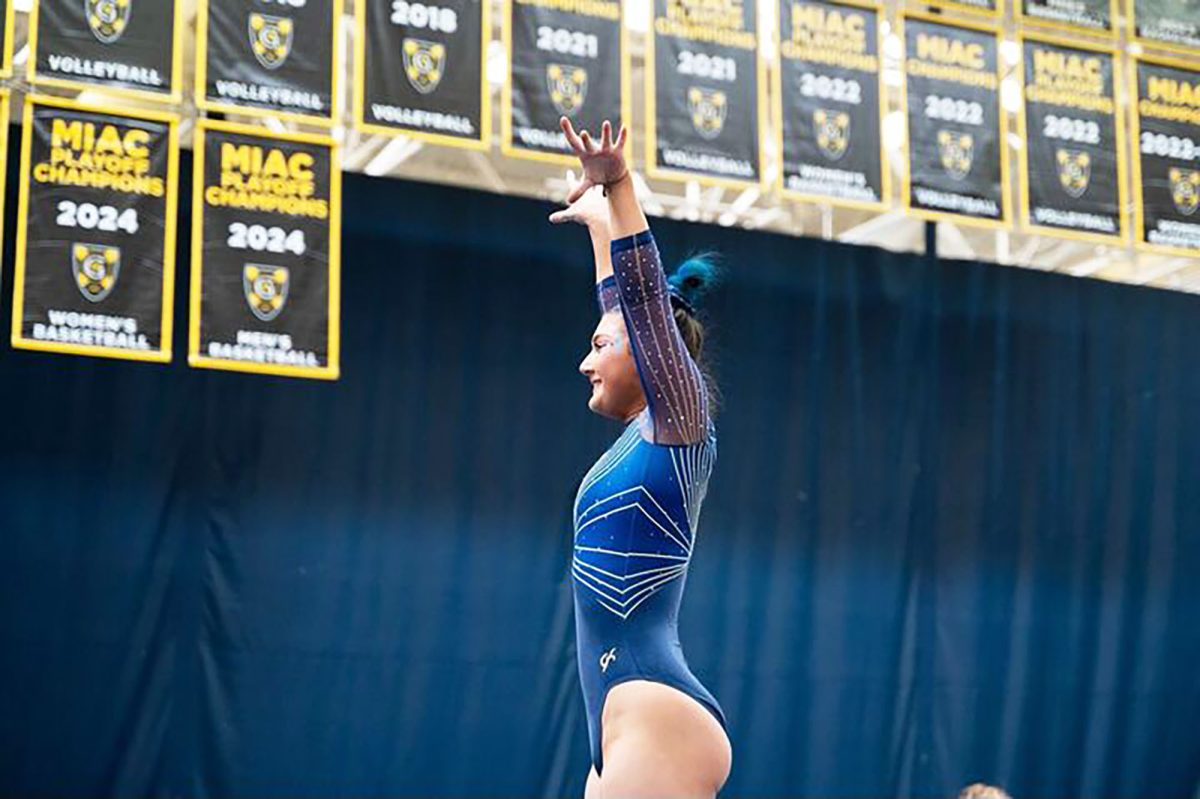When a midfielder is dribbling down the sidelines on a breakaway with a defender approaching from behind and up to four defenders in their vision, they have three options of forwards making runs in different directions to pass the ball to. But only one makes for the correct pass. Such a scenario is extremely common in a soccer game.
Faculty and students are conducting studies in the Sport and Exercise Psychology Laboratory on cognitive training, with a focus on collegiate athletics. By using NeuroTracker, a cognitive training software, and standardized video sequences, the goal of the study is to test if attentional training has an impact on decision-making skills in soccer players.
Sebastian Harenberg, assistant professor in the Department of Exercise and Sport Sciences, became interested in cognitive training roughly three years ago. Harenberg had the idea for the study at a conference in October with his colleague Dr. Oliver Höner at the University of Tübingen in Germany.
“Our hypothesis is certainly that the attentional training will lead to a quicker, more accurate decision-making,” Harenberg said. “There is research evidence that tentatively suggests that. Parts of this study is the replication of that particular study that has been published, but we do that with a larger sample size, which obviously is important.”
NeuroTracker software challenges the participants to track multiple moving images dynamically. They are instructed to follow numerous objects in motion and identify them among more objects.
The study also displays the cognitive training either by the use of a head-mounted display or by the Oculus Rift, 3-D or virtual reality glasses. It can also involve the use of a 3-D television set and a 3-D projector.
Testing began the second week of this semester. The study is currently in the middle of the three-week training phase, which will be followed by another week of testing. The end date is March 5.
Harenberg said he has enrolled approximately 40 athletes. These athletes are randomly divided into either the experimental or control group. The experimental group receives cognitive training, while the control group does a ‘fake task’ to make them believe they are being trained. Every athlete has to complete an hour-long testing session and 10 training sessions over three weeks. Each training session is 20 minutes.
“We want to see if this attentional training truly has an impact on the decision-making skills that we can measure, by showing them some standardized video sequences,” he said.
These standardized video sequences are projected, and the athlete being tested must determine which player in the video would make for the best pass. With a ball at the athlete’s feet, they have three nets in front of them representing the direction of the pass and the player in the video they would ultimately pass to.
The video clips can be projected from the perspective of every field position. Each net also has a sensor attached to it to detect how long it took for the decision to be made.
The test will ultimately measure the accuracy of the decision — left, center or right — depending on each video sequence. It will also measure the time at which the ball arrives in the net to conclude the decision-making time, Harenberg said.
Harenberg said he has been playing soccer his entire life and is currently a volunteer assistant coach and the faculty athletic mentor for the college’s women’s soccer team.
“In soccer, obviously we are training physically quite a lot, as other athletes here on campus,” Harenberg said. “However, the cognitive side, the mental preparation for the game with applied cognitive skills, is something that’s rather underexplored.”
The software and study are not limited to just soccer, however. Harenberg said that other sports, such as volleyball and lacrosse, have shown interest in eventually participating in future research.
Harenberg said this particular study is a collaborative international effort due to the assistance he receives from other professors and students. Those people include Justine Vosloo, associate professor in the Department of Exercise and Sport Sciences; Rumit Singh Kakar, assistant professor in the Department of Physical Therapy; Kim Dorsch of the University of Regina; and Ph.D. student Rob McCaffrey of the University of Regina.
Vosloo said she trains the graduate students involved in the study who are trying to do mental training themselves and become certified mental performance consultants, like Vosloo. She said it is voluntary for the graduate students to participate in the lab, and some students work in the lab as part of their graduate assistantships.
“It’s an additional research experience for them,” she said. “It’s an additional opportunity for them to see different ways to incorporate technology into performance consulting.”
Graduate student Jaclyn Morgan said Harenberg was her professor for research methods and he knew of her growing interest in research. Morgan said it also helped that she was a soccer player when she was an undergraduate at Hilbert College.
“I was really interested to see if the training was going to make a difference, especially being soccer-related, because I am a former player and now a coach,” she said.
Harenberg said the study ultimately provides a learning experience that is not necessarily anchored in the curriculum itself.
“I think that those learning experiences will really enable them to understand the research process better and giving them an applied perspective of what it actually means to conduct a study,” he said.


